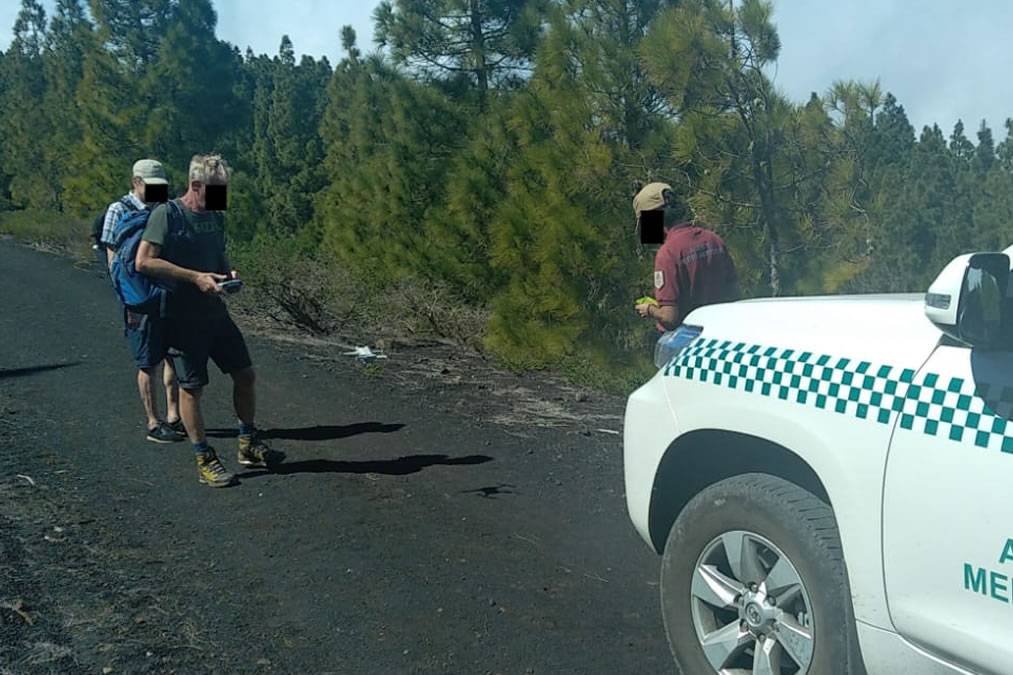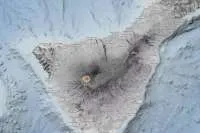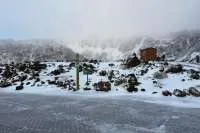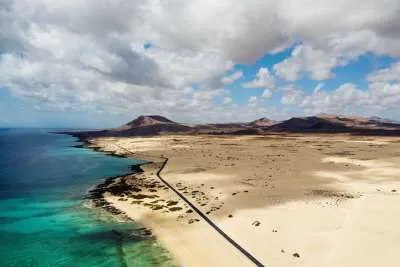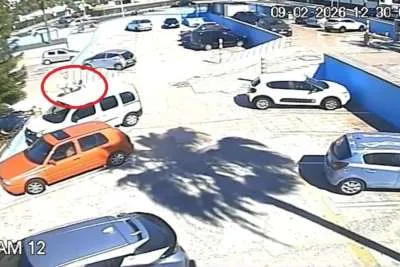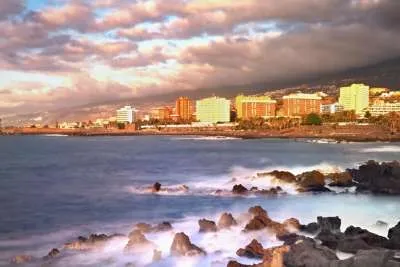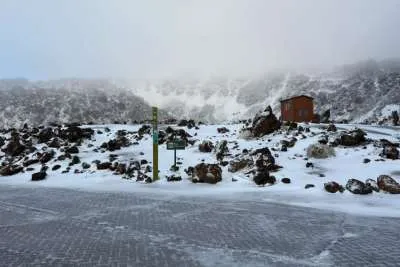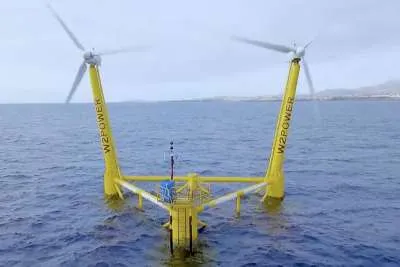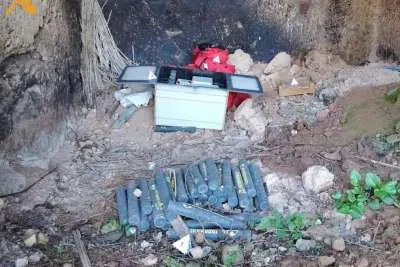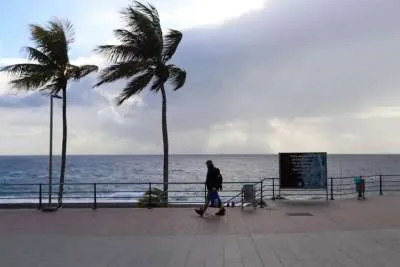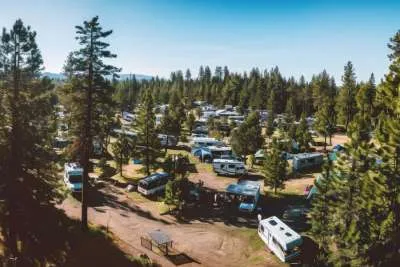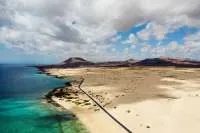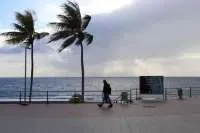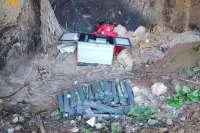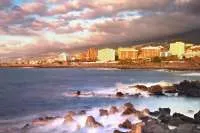Drone operator fined for flying in protected area of Tenerife
- 23-01-2025
- Tenerife
- Canarian Weekly
- Photo Credit: Cabildo de Tenerife
The authorities have sanctioned a holidaymaker for flying a drone in a restricted area of the Chinyero Special Natural Reserve in the northwest of Tenerife. The incident, reported by environmental officers from the Cabildo, highlights ongoing concerns about the misuse of drones in protected areas.
The increasing popularity of drones for recreational and professional purposes has led many people to capture stunning aerial footage of natural landscapes. However, environmental associations have reminded the public of the strict prohibition against flying drones over protected areas, where the fauna and flora require safeguarding.
Recreational drone use in conservation zones, such as National Parks, Biosphere Reserves, and other designated natural areas, is strictly forbidden in Tenerife, the Canary Islands, and across Spain.
The Chinyero Natural Reserve: A Unique Protected Habitat
The Chinyero Special Natural Reserve is a significant ecological and geological area, encompassing historic volcanic eruptions such as those of Arenas Negras (1706) and Chinyero (1909).
The reserve, near Erjos, features a remarkable aeolian habitat with volcanic cones and lava flows, supporting a diverse range of flora and fauna. These ecological and geological features make it a crucial zone for conservation and research.
Regulations for Drone Use
Drone operations in such areas are permitted only under special circumstances, such as professional filming, and require prior authorisation. Applications must detail the purpose and location of the intended drone use, and approval is granted solely for justified professional work.
This is not the first instance of unauthorised drone use in Tenerife. In 2016, a tourist was fined €600 for filming and posting videos of the Teide National Park on YouTube, claiming the footage would promote tourism.
More recently, a travel TikToker faced similar consequences after filming in restricted areas. Penalties for violations can be severe, with fines reaching up to €600,000 for the most serious offences.
Authorities continue to emphasise the importance of respecting these regulations to protect Tenerife’s unique ecosystems and natural heritage.
Other articles that may interest you...
Trending
Most Read Articles
Featured Videos
TributoFest: Michael Buble promo 14.02.2026
- 30-01-2026
TEAs 2025 Highlights
- 17-11-2025


